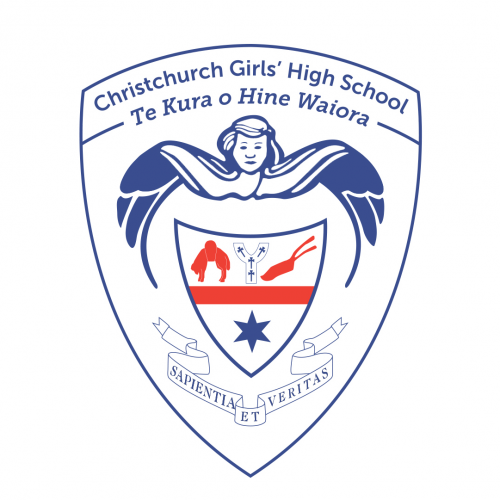
Level 1 English
Ākonga will select a course that best suits their interests and needs.
Qualification: NCEA Level 1 English
Entry Requirements: There are no prerequisites for these courses.
Content / Skills: Each course is designed to focus on the key literacies covered in the English curriculum: oral literacy; written literacy; and visual literacy. While each course may prioritise one or more of these literacies, ākonga will still encounter oral, written, and visual texts in each course.
In each course, ākonga will:
read and study literature texts such as novel, drama, film, poetry and/or short stories
write in different contexts, such as creative and formal writing, fiction and nonfiction, poetry and prose
develop skills in language use and analysis
develop close-reading and critical thinking skills
develop oral presentation skills
Assessment: Both courses offer a mixture of internal and external standards for a total of 15 credits.
Field Trips: Kaiako may organise outings for their classes throughout the course of the year.
Possible Course Costs: There are stationery costs associated with each course. Ākonga are encouraged to purchase any extended texts required. Kaiako may organise performances for their classes throughout the course of the year, and may ask for a contribution to help cover costs.
Where does each course lead? NCEA Level 2 English.
Course summaries for each course are listed below.
For further information on any of these courses see Mrs Teesdale or Dr Williamson.
______________________________________________
ENW101: Exploring the Page
Do you love to get lost in a good book? Do you have a novel burning inside you? The kaupapa of this course is the relationship between reading and writing. Whether you're reading for pleasure, writing the next bestseller, or simply have a love of language, this course will show you how to approach a wide range of written materials, both fiction and non-fiction, poetry and prose.
In this course, ākonga will be supported to improve their reading comprehension and critical thinking skills. They will also get lots of opportunity to hone their writing skills, from brainstorming and organising their ideas to crafting compelling sentences and paragraphs. You will learn how to identify and analyse key information, make connections between different ideas, and draw your own conclusions. This course will help you develop the confidence and creativity necessary to express yourself forcefully and with flair. Ākonga will study an independently-selected extended written text under the guidance of their kaiako.
Internal Assessment:
AS91926 (English 1.2): Develop ideas in writing using stylistic and written conventions
External Assessments:
AS91925 (English 1.3): Demonstrate understanding of specific aspects of studied text
AS91927 (English 1.4): Demonstrate understanding of significant aspects of unfamiliar texts
__________________________________
ENV101: Finding Your Voice
The kaupapa of this course is the power of oral and visual language and the impact and power that words can have to influence change. Ākonga will be encouraged to express themselves effectively through a variety of written and spoken language forms. The focus of this course is visual and oral literacy, which could include topics such as marginalisation and silencing, alternate perspectives, propaganda, misinformation and disinformation techniques, or the social and historical context of texts we may not otherwise give a second thought to.
Ākonga will explore a selection of oral, written, and visual texts, from speeches to manifestoes, from poetry to thought-provoking narrative prose, from websites to film and TV. You will learn how to express yourself clearly and convincingly, whether you are giving a presentation, writing an essay, or simply chatting with friends.
Internal Assessment:
AS91924 (English 1.1): Demonstrate understanding of how context shapes verbal language use
AS91926 (English 1.2): Develop ideas in writing using stylistic and written conventions
External Assessments:
AS91925 (English 1.3): Demonstrate understanding of specific aspects of studied text
